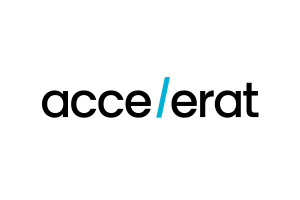Residence and Work Permit: Blue Card
These Salary Requirements Apply to Skilled Workers in the EU
The Gisma University of Applied Sciences has analyzed the minimum salary thresholds required to obtain an EU Blue Card in 25 member states. Eleven countries raised their thresholds for 2025, while Germany ranks in the middle range.
Bulgaria recorded the most significant decrease: the minimum annual salary for Blue Card applicants dropped by 113 percent to €9,933 – down from €21,132 the previous year. Romania lowered its requirement by 94 percent to €20,782, while the Netherlands saw a 78 percent decrease.
Portugal with the Highest Increase
Portugal increased its threshold by 24 percent to €21,030 per year – the largest increase among the countries analyzed. Italy followed with a 19 percent rise, and Croatia with 17 percent.
Germany in the Middle Range
To qualify for a Blue Card in Germany in 2025, a gross annual income of at least €46,500 is required. This places Germany in the mid-range compared to other EU countries.
Belgium Remains at the Top
Belgium continues to have the highest salary requirement, at €66,377 per year. The region of Flanders sets a slightly lower but still above-average threshold of €63,586. France (€59,700), Luxembourg (€58,968), and Sweden (€51,997) follow.
Especially Low Thresholds in Southeastern Europe
The lowest salary requirements are found in Bulgaria (€9,933), Romania (€20,782), and Portugal (€21,030). Slovakia (€23,659) and Hungary (€25,992) occupy the next ranks.
Diverging Strategies Across the EU
"The wide fluctuations in minimum income requirements for the Blue Card reflect the different economic realities and strategies of EU member states," said Prof. Dr. Ramon O’Callaghan, President of Gisma University of Applied Sciences. Current developments clearly indicate that EU countries are increasingly pursuing individual approaches to migration policy.





